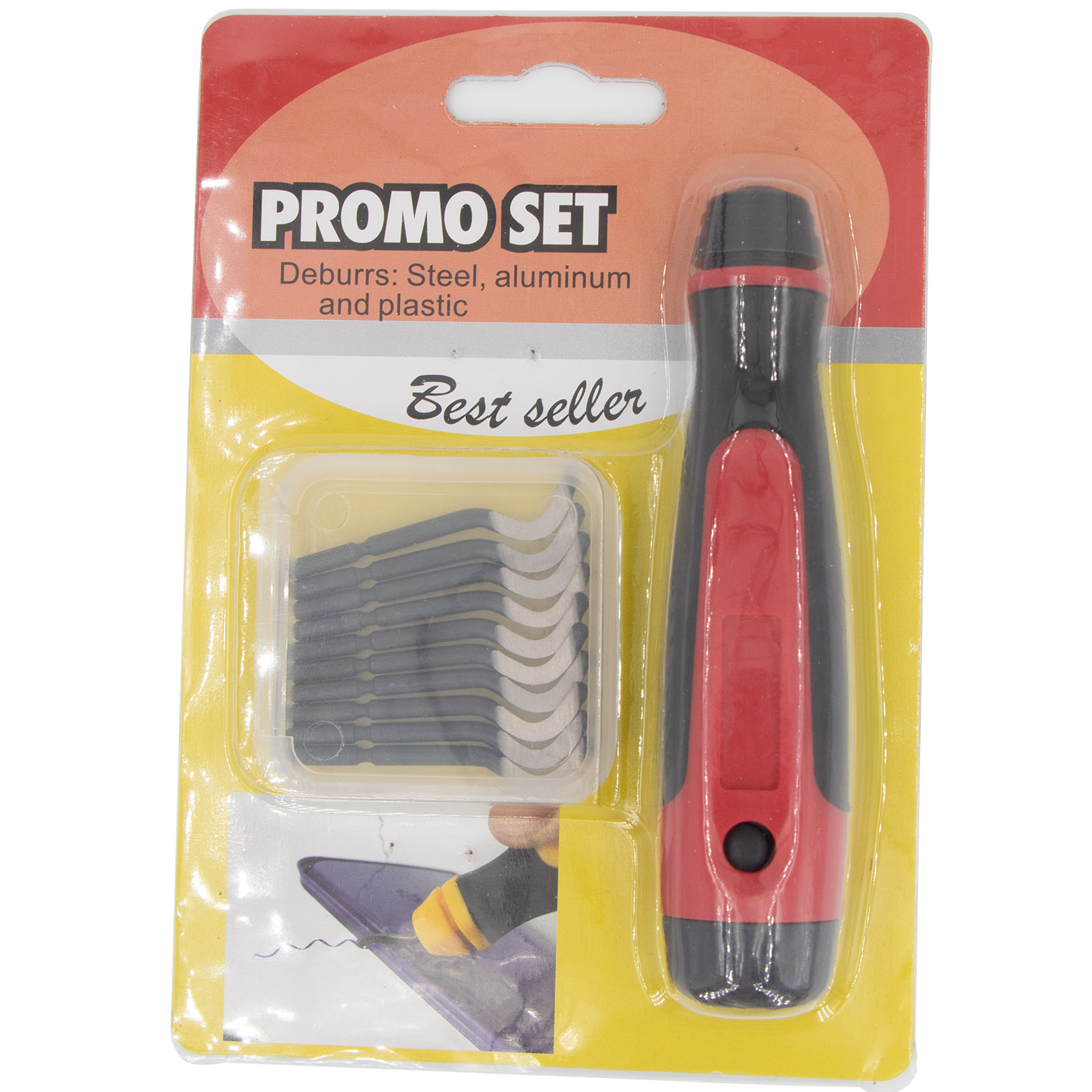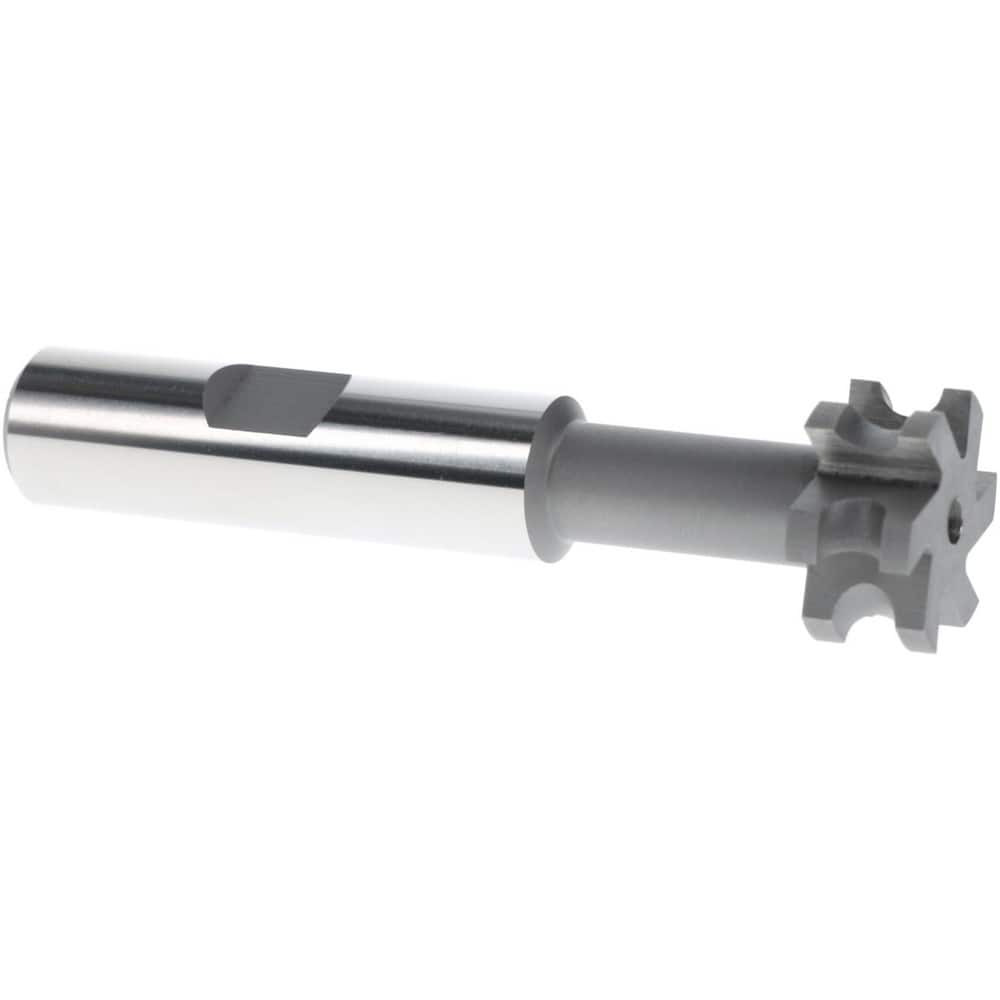indexable threading mill Factory
Looking for a reliable indexable threading mill factory? This comprehensive guide explores the key considerations when choosing a manufacturer, the benefits of using indexable threading mills, and what to look for in a high-quality tool. We'll cover material selection, coating options, and important factors influencing machining performance, helping you make an informed decision for your threading operations.
Understanding Indexable Threading Mills
Indexable threading mills are cutting tools used to create threads in a workpiece. Unlike traditional taps and dies, indexable threading mills use a rotating cutter with replaceable inserts. This allows for greater versatility and precision in threading operations. These mills are particularly advantageous in CNC machining environments where accuracy and efficiency are paramount. Wayleading Tools offers a wide range of indexable threading mills designed for various materials and applications.
Benefits of Using Indexable Threading Mills
- Versatility: One tool can create multiple thread sizes and pitches simply by changing the insert.
- Improved Tool Life: Replaceable inserts extend the tool's overall lifespan.
- Reduced Tool Inventory: Fewer tools are needed compared to taps and dies.
- Enhanced Surface Finish: Produces smoother, more accurate threads.
- Suitable for Blind Holes: Can create threads in blind holes without bottoming out.
- Chip Control: Better chip evacuation reduces the risk of tool breakage.
Key Considerations When Choosing an Indexable Threading Mill Factory
Selecting the right indexable threading mill factory is crucial for ensuring the quality and performance of your threading tools. Here are some key factors to consider:
Manufacturing Capabilities
A reputable indexable threading mill factory should have advanced manufacturing capabilities, including CNC machining centers, grinding machines, and quality control equipment. They should also have experience working with a variety of materials, such as carbide, high-speed steel (HSS), and powder metallurgy (PM) steels. Wayleading Tools utilizes state-of-the-art equipment to produce high-precision indexable threading mills.
Material Selection
The material of the threading mill and its inserts significantly impacts its performance and lifespan. Common materials include:
- Carbide: Offers high hardness, wear resistance, and heat resistance, making it suitable for machining hardened materials.
- High-Speed Steel (HSS): Provides good toughness and is a cost-effective option for general-purpose threading.
- Powder Metallurgy (PM) Steels: Combine high hardness and toughness, offering superior performance compared to HSS.
The insert grade selection also plays a critical role. Ensure the indexable threading mill factory can advise on the appropriate insert grade for your specific material and application. For example, threading aluminum requires different insert geometries and coatings than threading stainless steel.
Coating Options
Coatings enhance the performance and lifespan of indexable threading mills by reducing friction, improving wear resistance, and preventing chip adhesion. Common coating options include:
- Titanium Nitride (TiN): A general-purpose coating that improves wear resistance.
- Titanium Carbonitride (TiCN): Offers higher hardness and wear resistance than TiN.
- Aluminum Titanium Nitride (AlTiN): Provides excellent heat resistance and is suitable for high-speed machining.
- Diamond-Like Carbon (DLC): Reduces friction and is ideal for machining non-ferrous materials.
Quality Control
A rigorous quality control process is essential to ensure the accuracy and consistency of indexable threading mills. The factory should have comprehensive inspection procedures, including dimensional checks, surface finish analysis, and performance testing. They should also be ISO 9001 certified to demonstrate their commitment to quality management.
Customization Options
Many applications require custom threading tools to meet specific needs. An indexable threading mill factory that offers customization options can provide tailored solutions for unique threading challenges. This may include custom insert geometries, tool diameters, and thread profiles. Contact Wayleading Tools for custom threading solutions.
Technical Support
A reliable indexable threading mill factory provides excellent technical support to assist customers with tool selection, application, and troubleshooting. They should have experienced engineers who can offer guidance on machining parameters, insert selection, and best practices for achieving optimal threading performance.
Factors Influencing Machining Performance
Several factors influence the performance of indexable threading mills in machining operations:
Cutting Parameters
Selecting the appropriate cutting speed, feed rate, and depth of cut is crucial for achieving optimal threading performance. The recommended cutting parameters depend on the material being machined, the insert grade, and the threading mill design. Consulting with the indexable threading mill factory or referring to their technical documentation is recommended.
Coolant Application
Coolant plays a vital role in dissipating heat, lubricating the cutting edge, and flushing away chips. Proper coolant application can significantly improve tool life and surface finish. Flood coolant is generally recommended for threading operations, but through-coolant tools can be beneficial for deep hole threading.
Machine Rigidity
Machine rigidity is essential for minimizing vibration and ensuring accurate threading. A rigid machine tool provides a stable platform for the threading operation, reducing the risk of tool chatter and workpiece deformation.
Workholding
Secure workholding is crucial for preventing movement during threading. The workpiece should be firmly clamped in a rigid fixture to minimize vibration and ensure accurate thread creation.
Troubleshooting Common Threading Problems
Even with high-quality indexable threading mills, problems can sometimes arise during threading operations. Here are some common issues and their potential causes:
- Poor Surface Finish: Can be caused by dull inserts, incorrect cutting parameters, or inadequate coolant application.
- Tool Breakage: May be due to excessive cutting forces, incorrect insert grade, or machine vibration.
- Thread Dimensional Inaccuracy: Could result from improper tool setup, machine wear, or workpiece movement.
- Chipping: Often caused by incorrect speeds and feeds, or using the wrong insert grade.
By understanding the factors that influence machining performance and troubleshooting common problems, you can maximize the lifespan and efficiency of your indexable threading mills.
Example Data for Indexable Threading Mills
Below is an example of the data you might find in an indexable threading mill catalog. (These are example values and should not be used as definitive data.)
| Parameter | Example Value | Description |
|---|---|---|
| Tool Diameter | 16 mm | The diameter of the threading mill. |
| Insert Grade | Carbide K20 | The material composition of the insert. |
| Coating | AlTiN | The protective layer applied to the insert. |
| Thread Pitch Range | 0.5 - 2.0 mm | The range of thread pitches the tool can create. |
| Maximum Cutting Depth | 1.5 mm | The maximum depth of cut per pass. |
Conclusion
Choosing the right indexable threading mill factory is a critical decision that can significantly impact the efficiency and quality of your threading operations. By considering factors such as manufacturing capabilities, material selection, coating options, quality control, customization options, and technical support, you can find a reliable partner who can provide you with high-performance threading tools. Wayleading Tools is committed to providing our customers with the highest quality indexable threading mills and exceptional technical support. Contact us today to learn more about our products and services.
Related products
Related products
Best selling products
Best selling products-
 Digital Depth Gauge With Stainless Steel For Industrial Type
Digital Depth Gauge With Stainless Steel For Industrial Type -
 MT/R8 Shank Quick Change Tapping Chuck With MT & R8 Shank
MT/R8 Shank Quick Change Tapping Chuck With MT & R8 Shank -
 DIN6537L Metric Solid Carbide Twist Drill With Internal Coolant & External Coolant
DIN6537L Metric Solid Carbide Twist Drill With Internal Coolant & External Coolant -
 Metric HSS Annular Cutters With Weldon Shank For Metal Cutting
Metric HSS Annular Cutters With Weldon Shank For Metal Cutting -
 CCMT Turning Insert For Indexable Turning Tool Holder
CCMT Turning Insert For Indexable Turning Tool Holder -
 HSS Keyway Broach With Metric And Inch Size, Push Type
HSS Keyway Broach With Metric And Inch Size, Push Type -
 Deburring Tool Holder For The Deburring Tool Blades
Deburring Tool Holder For The Deburring Tool Blades -
 Precision Monoblock Vernier Caliper – Metric & Inch, Industrial Use
Precision Monoblock Vernier Caliper – Metric & Inch, Industrial Use -
 Precision Dial Indicator Gage For Industrial With Jeweled
Precision Dial Indicator Gage For Industrial With Jeweled -
 Outside Micrometer Set Of Inch & Metric For Industrial
Outside Micrometer Set Of Inch & Metric For Industrial -
 Precision V Block Set With High Quality Type
Precision V Block Set With High Quality Type -
 Digital Indicator – Precision Type, Inch/Metric, Industrial Grade
Digital Indicator – Precision Type, Inch/Metric, Industrial Grade
Related search
Related search- cnc machine tools Factories
- SRDCN turning tool holder Manufacturers
- R8 square collet Manufacturer
- Wholesale british standard taper pipe full profile threading insert
- 3pcs mini indexable end mills Factory
- ring gauge Suppliers
- Wholesale 30 degree milling cutter
- rotary table
- Shell End Mill Supplier
- UN threading insert Suppliers











